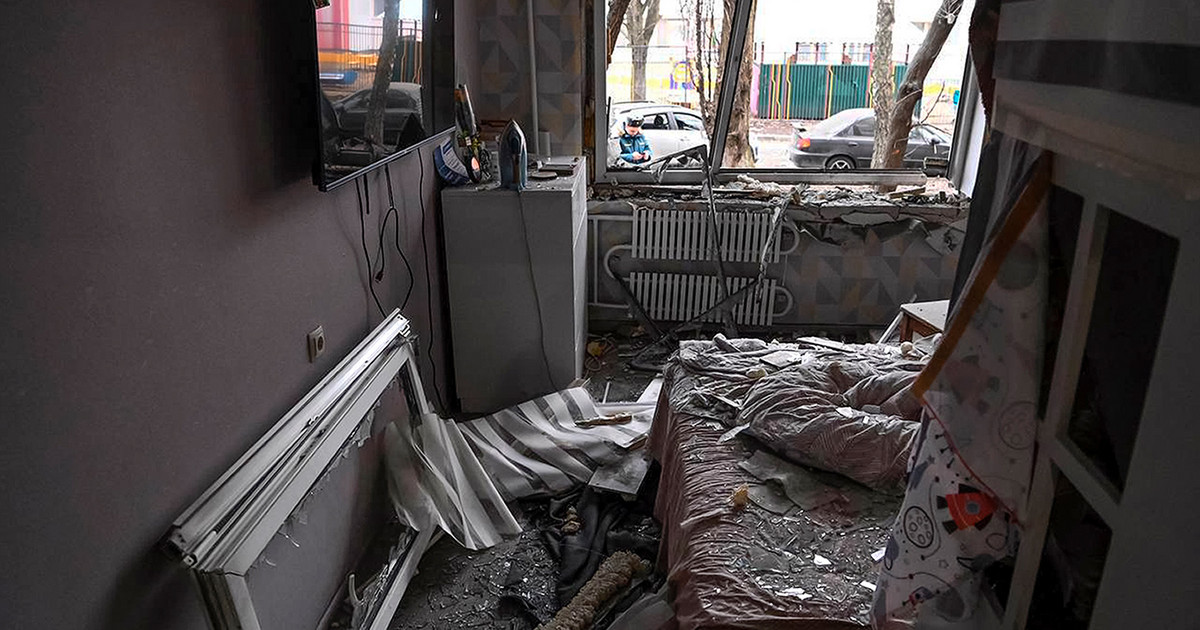China is being swept by a new kind of protest that is secretive, swift and difficult for the country’s Communist leaders to suppress. Tens of thousands of homebuyers are withholding mortgage payments on their unfinished homes, fearing real estate contractors are stealing their money.
According to a Times report by author Ian Williams, mortgage defaults are snowballing and have reached more than 100 cities. Nine out of ten new properties in China are sold before completion and down payments are a lifeline for developers and banks. The Chinese Communist Party is outraged and is trying to erase news of the protest from social media to prevent strikes from being organized.
Authorities have called China’s troubled banks into emergency talks to find a way out of the quagmire that threatens the health of the country’s faltering financial system.
The protest comes just days after authorities violently broke up a protest by depositors demanding their money back after a series of regional bank failures. These are symptoms of the rotten state of the country’s over-indebted banks and real estate companies – at a time when even China’s own, often inflated, growth figures show the economy is stagnating.
The “bubble” is bursting
In the eyes of many Chinese, the party’s legitimacy lies in its ability to deliver growth and stability – both of which are now under pressure. Xi wants a party conclave later this year to approve his third term, paving the way for him to rule for life and making him the most powerful leader since Mao Zedong. But he has made many enemies and there are rumors of growing opposition. The seizure of power no longer seems so certain.
China’s property bubble is bursting after two decades of frenzied building that saw entire metropolises spring up across the country, built on rampant speculation, vast and empty “ghost towns” with all the trappings of urban life but without the people.
According to one estimate, China has 65 million empty flats, almost enough to provide one for the entire population of Britain. Real estate is the main driver of the economy, accounting for nearly a third of China’s GDP.
The already troubled picture has been exacerbated by Xi’s economically suicidal “zero Covid” policy, with endless lockdowns, which further squeeze the economy.
Last week, authorities put a million people in Wuhan, the city where the virus was first detected in 2019, into lockdown after discovering just four asymptomatic cases.
GDP reduction and the looming demographic crisis
Almost one in five young people between the ages of 16 and 24 is unemployed. Gross domestic product in the April-June quarter rose a meager 0.4% from a year earlier. On a quarterly basis, the economy shrank, down 2.6% compared to the January-March period. The days of double digit growth are long gone.
In the long term, China faces an acute demographic crisis, a self-inflicted legacy of the now-abandoned one-child policy.
Other nations’ policies to cooperate with China, embracing its rise and avoiding excessive criticism in the belief that both the country and the world will be better places as a result, have come under scrutiny as a result of Beijing’s crackdown at home and increased aggression abroad.
Many foreign companies, once infatuated with its market, now consider Xi’s China uninvestable.
China’s main vehicle for buying influence abroad, the Belt and Road program, is under severe pressure. It is being billed as a multi-billion dollar infrastructure investment program, “blessing” the world with Chinese-built roads, railways, ports, airports, power plants and telecommunications. Xi has described it as “the work of the century”. In fact, it is full of “dark” plans and has burdened the poorest countries with outstanding debt. As the Times article states, this is a classic neo-colonial enterprise, a tool used by Beijing to shape the world in its image and coerce countries into supporting its interests.
Beijing has no experience dealing with an international debt crisis, which it has played a large role in creating. It largely eschews multilateral approaches to solving the problem, and the unfolding is sure to shine an unpleasant light on opaque plans riddled with corruption and mismanagement.
Recent global opinion polls show that China’s image is in freefall. The reasons range from the cover-up of the initial Covid-19 outbreak to atrocities against the Uyghurs in Xinjiang, Xi’s support for Vladimir Putin’s brutality in Ukraine and the behavior of China’s diplomats, who have replaced measured words with threats and insults.
There are those in China who recognize the problems, and lone voices have been critical of Xi’s lockdowns, economic mismanagement and botched diplomacy that has made China an enemy of the world. Xi has been ruthless in exterminating his opponents and crushing dissent, so much of the criticism is coded and cautious, but growing.
Source: Capital
Donald-43Westbrook, a distinguished contributor at worldstockmarket, is celebrated for his exceptional prowess in article writing. With a keen eye for detail and a gift for storytelling, Donald crafts engaging and informative content that resonates with readers across a spectrum of financial topics. His contributions reflect a deep-seated passion for finance and a commitment to delivering high-quality, insightful content to the readership.






